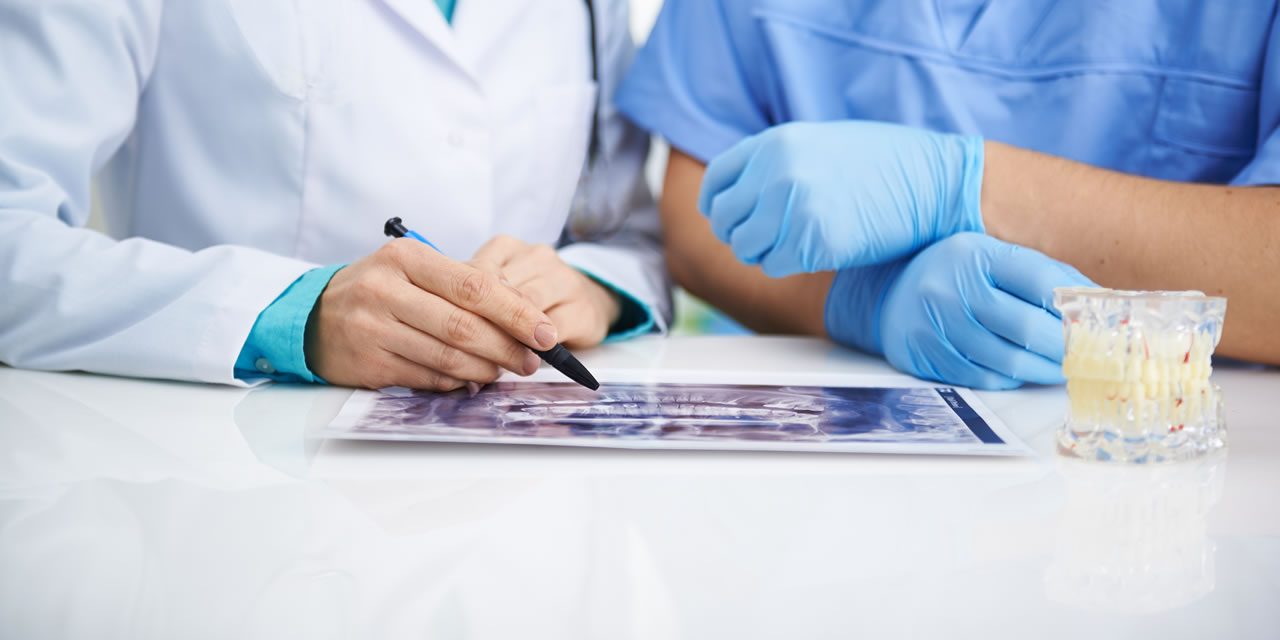
Laser Dental Procedures
A painless, drill-free variety of procedures that improve healing times, reduce appointment times, and require less anaesthetic.
Laser dentistry uses laser technology in the treatment of various dental conditions. Dental lasers use a small, concentrated beam of light to affect various parts of the mouth. Lasers are less invasive than traditional tools used for the removal of tissue, such as drills and scalpels.
Dental Laser Treatments
Laser procedures are used in many types of dental work. In most cases, lasers are used for cutting or reshaping the hard and soft tissue of the mouth. Dentists offering restorative or cosmetic procedures may use lasers in their dental practices.
Tooth Whitening
Teeth whitening provided in a dental clinic may require the use of a laser light to activate the bleach that it applies to the teeth. The laser causes the bleach to react quickly, whitening the teeth in a short period of time.
Learn More About Teeth Whitening
Detection of Cavities
Dental laser tools such as DIAGNOdent use laser technology to detect dental caries (cavities). Light is shone on the teeth and some of the wavelengths bounce back to the sensor, which indicates various levels of decay.
Laser Cavity Preparation
Lasers may be used to remove decaying portions of a tooth in preparation for a dental filling to be placed by a dentist. This replaces noisy drills and often results in less anesthetic being required. Lasers can also be used to remove old fillings for replacement.
Learn More About Laser Cavity Preparation
Biopsies and Removal of Tumours
Lasers are often used in dental procedures involving the removal of soft tissue, including benign tumours. They may also be used to remove a small amount of tissue for a biopsy to be analyzed for disease.
Tooth Sensitivity
Tooth sensitivity that stems from the roots of the tooth can be treated with dental lasers. Lasers are used to “seal” the tooth roots to prevent them from reacting to hot and cold substances.
Crown Lengthening
Lasers are often used to help treat a “gummy” smile in cosmetic dentistry. By removing some of the gum tissue to expose more of the tooth, cosmetic dentists can create a more even, bright smile.
Learn More About Cosmetic Dentistry
Root Canal Cleaning
Lasers may be used as part of a root canal procedure. The laser is used to cut the bone to gain access to the roots and to clear out the root canals. An added benefit of laser technology is that all bacteria are removed because the laser sterilizes the area being worked on.
Types of Lasers
Dental lasers use different wavelengths to affect the hard and soft tissues of the mouth in various ways.
Hard tissue lasers can cut through water and bone and are most often used to remove decayed portions of a tooth. Their high level of accuracy allows for more of the healthy tissue of the tooth to be preserved.
Soft tissue lasers (also called dental diode lasers) are able to cut through soft tissue in the mouth, such as gum tissue. These lasers can cut and reshape gums for procedures such as crown lengthening.
Learn More About Dental Lasers
The Benefits of Laser Dentistry
Compared to traditional methods of cutting, laser dentistry can be less painful and invasive. Dental drills can cause a great deal of anxiety for patients. The feeling of the vibrations from the drill and the sounds are often very intimidating. With lasers, dentists may be able to avoid the use of sedation dentistry for anxious patients because the tool is virtually silent and does not need to physically touch the mouth.
A higher level of accuracy also ensures that more of the healthy tissue is preserved and prevents cracking and other damage that drills may cause. Because the laser seals blood vessels as it cuts, it typically offers shorter healing times and reduces bleeding during the procedure. It also kills bacteria, making it more valuable in procedures related to tooth decay.
What to Expect During a Laser Dental Treatment
A dental appointment that involves the use of a laser will be similar to what you’re used to, except quieter. You may be given a pair of special glasses to protect your eyes. While using the laser, the dentist may use a stream of water to keep the area being worked on cool.
Your dentists will give you aftercare instructions specific to the type of procedure that you’ve had, which won’t differ greatly from the typical aftercare instructions provided when traditional methods and tools are used. Be sure to follow them carefully.
Search for a Dentist Near You
Your oral health is important to our dentists. You can search the 123Dentist network of dental professionals to find a dental clinic near you. We work across Canada to provide patients with comprehensive dental care.
